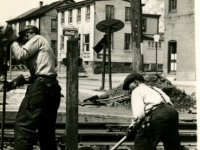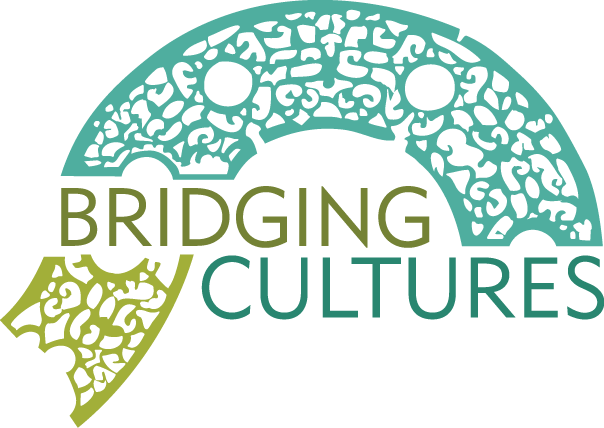To commemorate the 150th anniversary of the 13th Amendment, HSP has partnered with area institutions to host events based on Created Equal: America’s Civil Rights Struggle. These four documentaries feature riveting new footage illustrating the history of civil rights in America.
For the second program in the series, Created Equal? explores the experiences of newly-freed slaves, many of whom struggled under new sorts of shackles - despite Lincoln's lofty words.
By 1865, despite the promise of the Emancipation Proclamation, the Thirteenth Amendment, and the Confederate defeat in the Civil War, many former slaves did not in reality experience “a new birth of freedom.” It was a shocking reality often unacknowledged, then and now: a huge system of forced, unpaid labor, mostly affecting Southern black men, that lasted until the second world war.
The African American Museum in Philadelphia invites you to a screening of Slavery By Another Name. Based on the Pulitzer Prize–winning book by Douglas Blackmon, Slavery by Another Name tells the stories of men, charged with crimes like vagrancy, and often guilty of nothing, who were bought and sold, abused, and subjected to sometimes deadly working conditions as unpaid convict labor. Interviews with the descendants of victims and perpetrators resonate with a modern audience. Christina Comer, who discovered how her family profited from the system, says that “the story is important no matter how painful the reality is.”
Working with Emahunn Campbell, PhD Student in the W.E.B. Du Bois Department of Afro-American Studies at University of Massachusetts Amherst, the African American Museum in Philadelphia will also explore conceptions of African American criminality in the late 19th Century and the present day, using Slavery By Another Name as a guiding source.
When: Thursday, February 26, 2015 from 6:00 - 7:30 p.m.
Where: African American Museum in Philadelphia
Cost: Free
Act 48/CEU credits are available for educators.
For more information or to register, please contact Adrienne Whaley at the African American Museum in Philadelphia.




